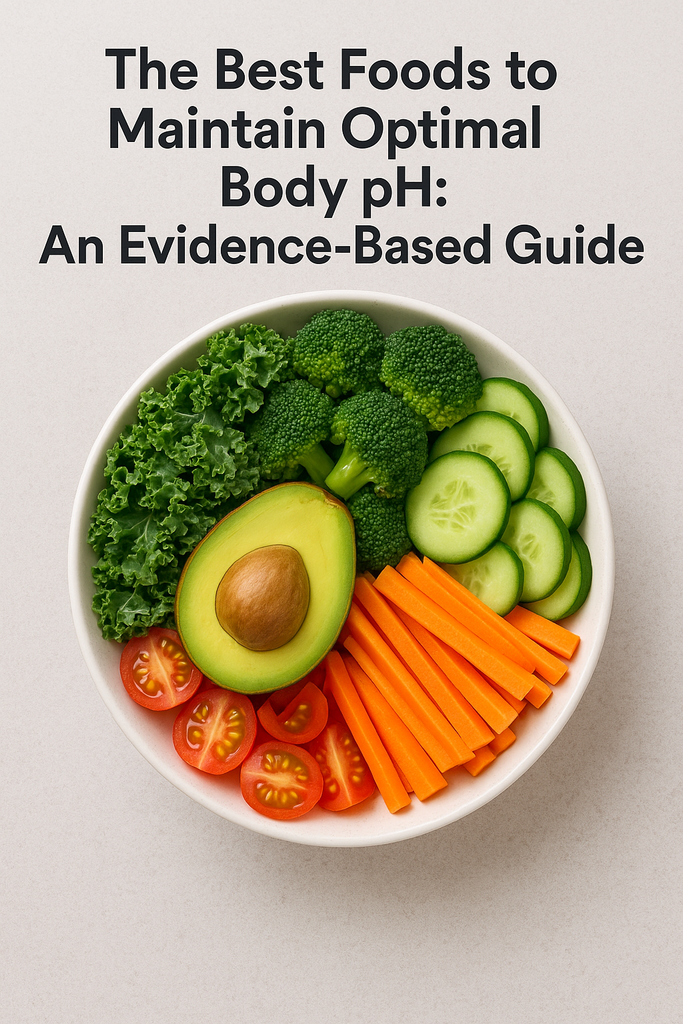News — plant-based diet
How Eating Fermented Beans Boosts Heart Health Naturally
ACE inhibitors natural arterial health bioactive peptides blood pressure support cardiovascular benefits cholesterol management cholesterol reduction fermented beans fermented foods benefits fermented soy gut-heart connection healthy circulation heart health miso natto nattokinase plant-based diet plant-based heart health probiotics tempeh
Fermented foods have been part of human diets for thousands of years, offering a flavorful way to preserve ingredients while enhancing their nutritional profile. Among them, fermented beans—such as natto, tempeh, and miso—stand out not just for their taste but for their unique health benefits. Packed with plant-based protein, fiber, and bioactive compounds, these humble legumes undergo a transformation during fermentation that boosts their impact on the body, especially the heart.
Cardiovascular disease remains the leading cause of death worldwide, but diet plays a powerful role in prevention and management. Fermented beans bring more to the table than just protein—they deliver probiotics, bioactive peptides, and heart-friendly enzymes that may help lower blood pressure, improve cholesterol profiles, and support healthy circulation. Far from being just a culinary tradition, they’re a delicious, science-backed ally for cardiovascular health.
Top Alkaline Foods for Body pH: An Evidence-Based Guide
acid-forming foods alkaline diet alkaline foods alkaline water alkalinity and health alkalizing foods body pH chlorophyll supplements diet and acidity fruits and pH how to balance pH leafy greens benefits magnesium and pH metabolic acid load natural pH balance nutrition and pH pH and digestion pH balance plant-based diet urine pH
The human body is an incredible balancing machine, constantly working to maintain a slightly alkaline pH—especially in the blood, which ideally stays around 7.35 to 7.45. While the body regulates its pH automatically, the foods we eat can influence pH in subtle ways, particularly through the acid or alkaline-forming effects of their metabolic byproducts.
Many nutritionists believe that consuming more alkaline-forming foods—like vegetables, fruits, nuts, and legumes—can support better energy, reduce inflammation, and potentially lower the risk of chronic disease. This article dives into the science behind dietary pH, explores the top foods that promote balance, and debunks common myths along the way. Get ready for a clear, evidence-based guide to eating for a more harmonious internal environment.
Health Benefits of a Plant-Based Diet & Its Environmental Impact
antioxidants biodiversity carbon footprint chronic disease eco-friendly environmental impact fiber green living health benefits healthy lifestyle heart health nutrition plant-based diet plant-based nutrition protein sources sustainability vegan vegetarian vitamins water conservation weight loss
Switching to a plant-based diet is more than just a trendy movement—it's a lifestyle shift that benefits both your personal health and the planet. Whether you’re motivated by wellness, ethics, or concern for the environment, the science is clear: eating more plants can be transformative. But what exactly are the advantages, and how does this way of eating impact the world around us? Let’s explore the profound effects a plant-based diet can have on your body and the Earth.
From lowering the risk of chronic disease to shrinking your carbon footprint, plant-based diets offer a double win. This article will break down the key health benefits and reveal how your food choices can make a meaningful difference for future generations.
The Mediterranean Diet for Weight Loss: A Complete Guide
Ancel Keys balanced diet diet benefits fiber fruits and vegetables healthy fats healthy habits Healthy Lifestyle heart health inflammation reduction lean proteins longevity meal planning Mediterranean diet mindful eating physical activity plant-based diet portion control sustainable weight loss weight loss whole grains
The Mediterranean diet, a time-honored and scientifically-backed way of eating, has gained worldwide popularity for its effectiveness in promoting health and managing weight. Based on the traditional eating patterns of people living in the Mediterranean region, this diet emphasizes nutrient-dense foods like fruits, vegetables, whole grains, and healthy fats. Many people turn to this lifestyle not just to shed a few pounds but to achieve lasting health improvements, from heart health to reduced inflammation.
This comprehensive guide will walk you through everything you need to know about the Mediterranean diet for weight loss. From its origins and foundational principles to its benefits and practical meal planning tips, you’ll learn how this diet can become a sustainable approach to achieving and maintaining a healthy weight.




